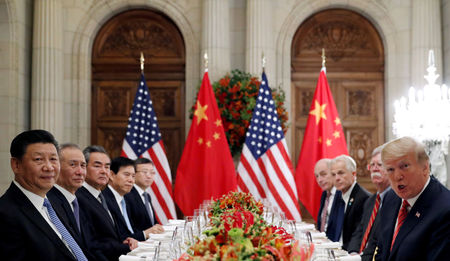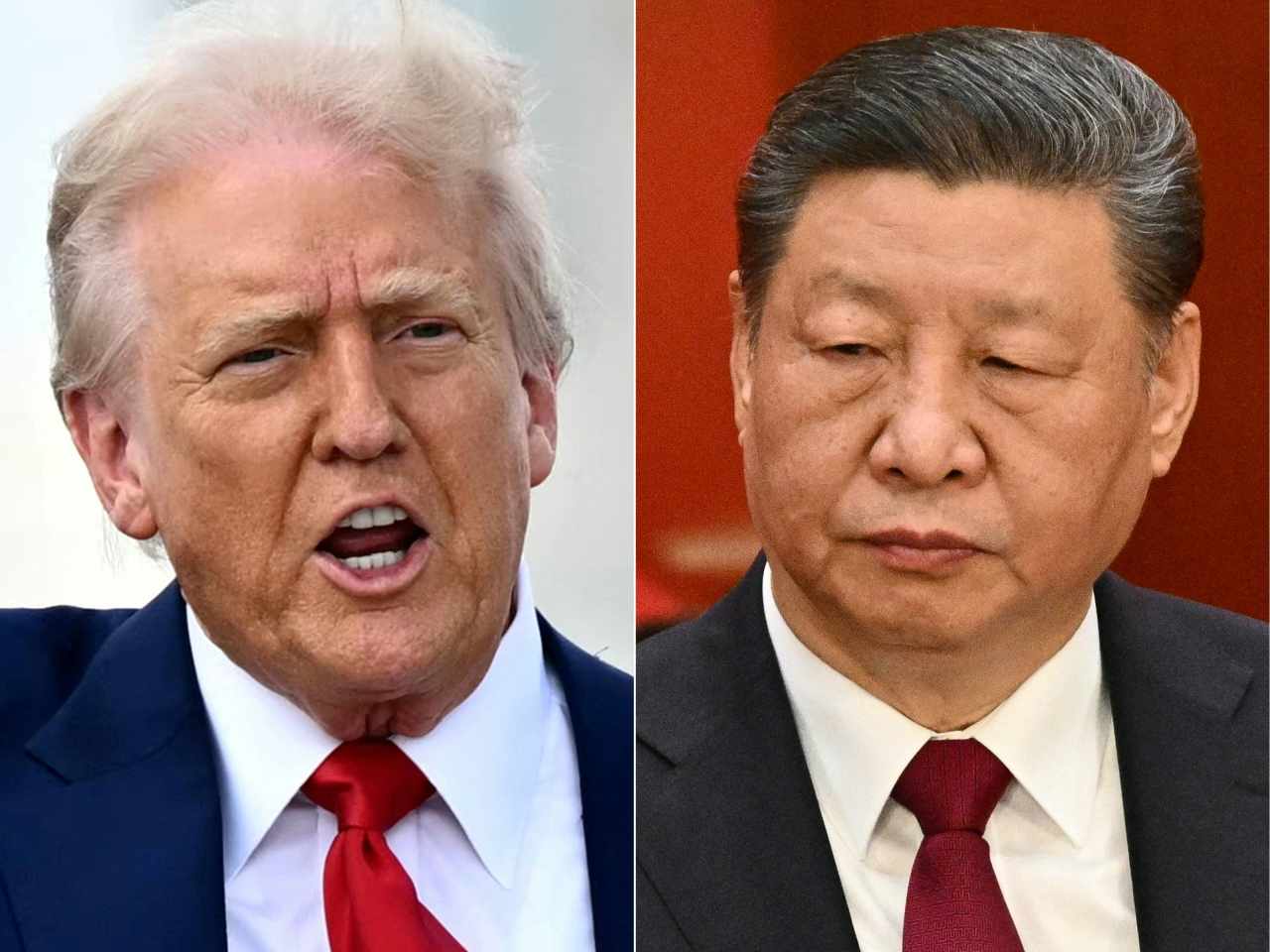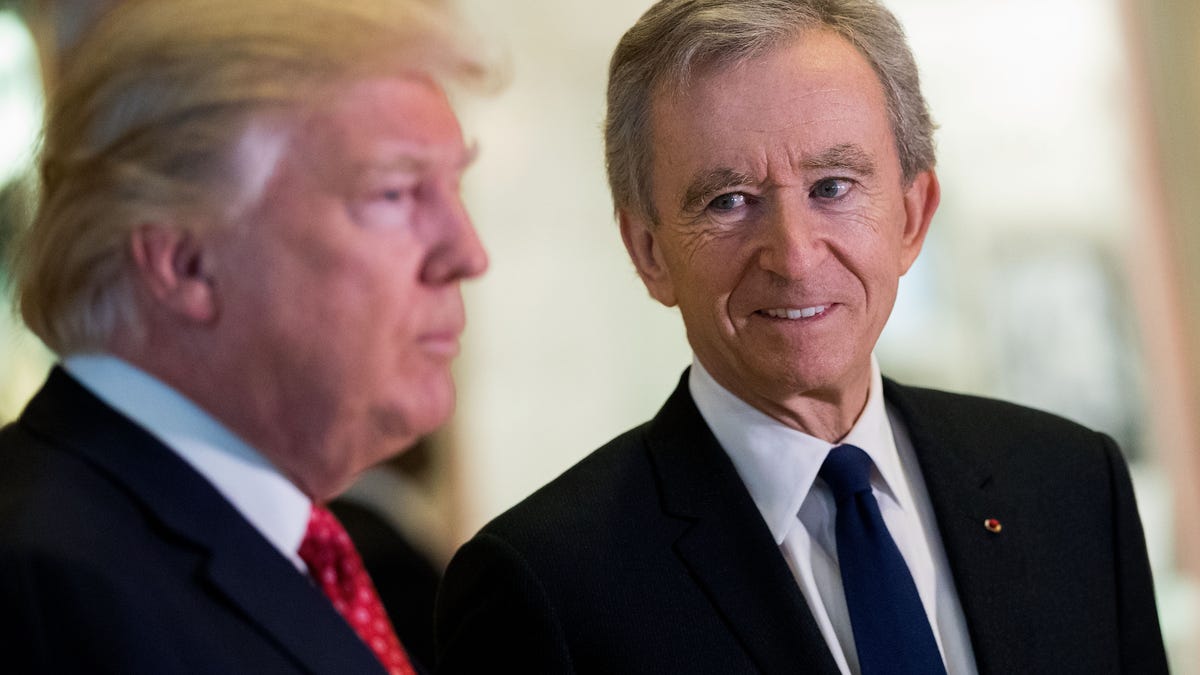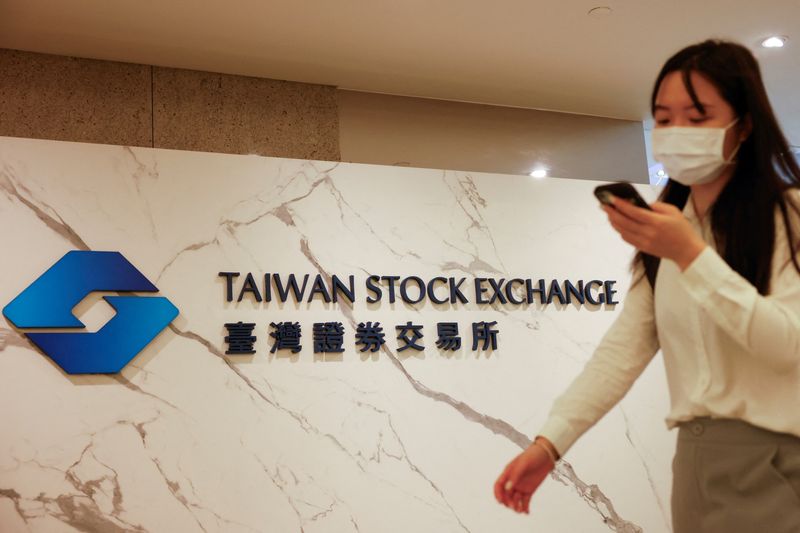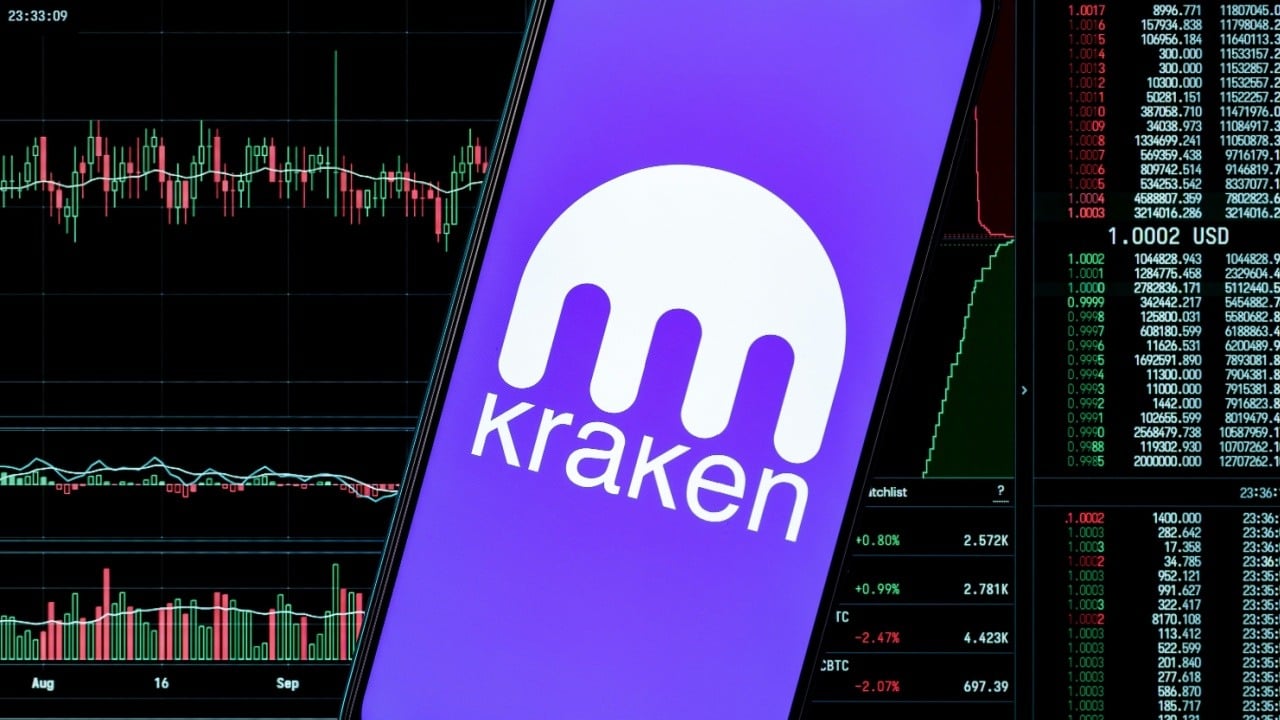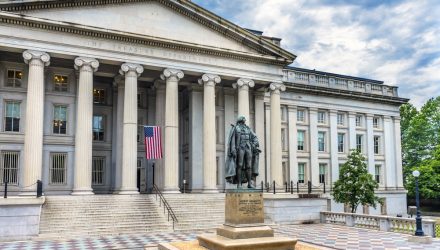Market volatility 'will remain the norm' for next 3 to 6 months
Geopolitical tensions and trade policy uncertainties will continue to shake Wall Street, according to this expert.
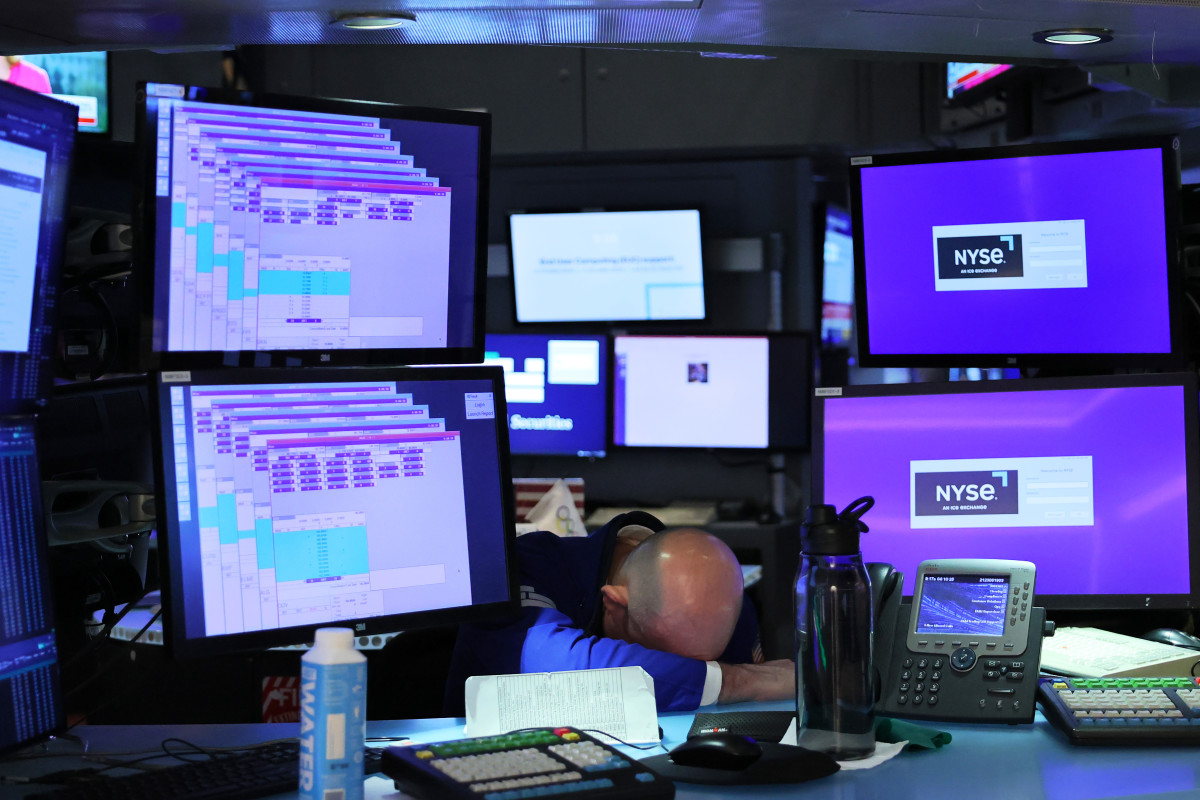
Market volatility has investors on edge as geopolitical tensions and trade policy uncertainties continue to shake Wall Street. Ross Mayfield, investment strategist at Baird, joined TheStreet to discuss why these turbulent conditions could persist for months.
Related: Brace for more market turbulence ahead, expert warns
Full Video Transcript Below:
ROSS MAYFIELD: Yeah so we've had a lot of volatility in the markets lately. And I would expect this to remain the case for at least the next three to six months. We know about the 90 day reciprocal tariff pause. We know about the ongoing escalation with China. But until those issues are resolved and there's some real clarity, which seems like we're not that close to, I expect the markets to be volatile and business owners to remain hesitant to give guidance. So I expect volatility to remain the norm. I think it's a good time to be a buyer if you're a long term investor, but knowing that the next six to 12 months even could be really volatile.
I think the reaction to the reciprocal tariff announcement is warranted. And quite frankly, I think markets would be lower than they are today if they didn't expect some sort of resolution or some big trade deals to be announced. We're talking about one of the biggest increases in tariffs and overall corporate taxes in a long, long time. We're talking about rerouting global trade routes that have been in place for a long time. So even if you're a believer in this as a long term plan for the United States, this requires a lot of near-term operational flexibility in an economy that was already a little iffy. So I think that the market would be lower if investors expected these reciprocal tariffs to stay in place, or at least not to be resolved in some significant fashion over the next 90 days. So I think the volatility and the downturn are certainly warranted given the impact on near-term earnings.




